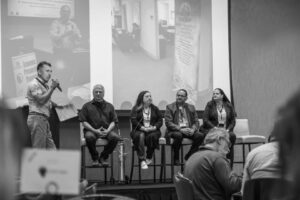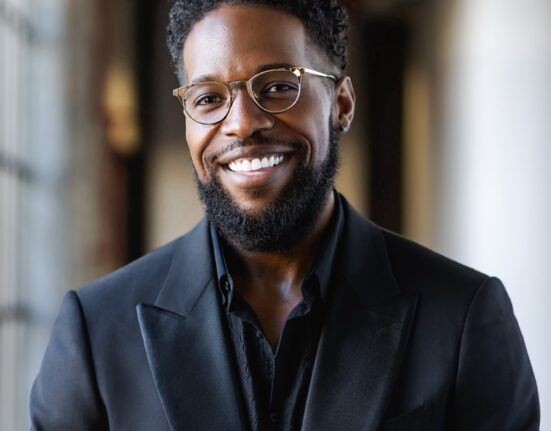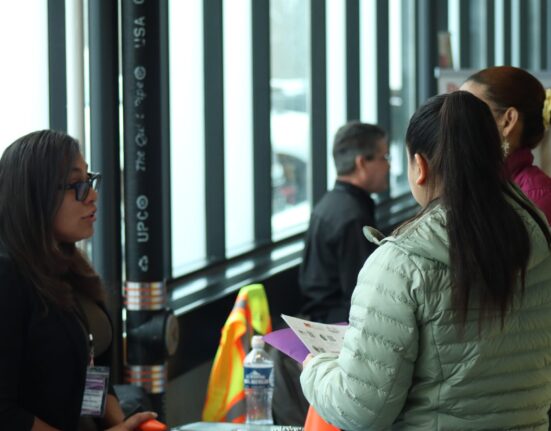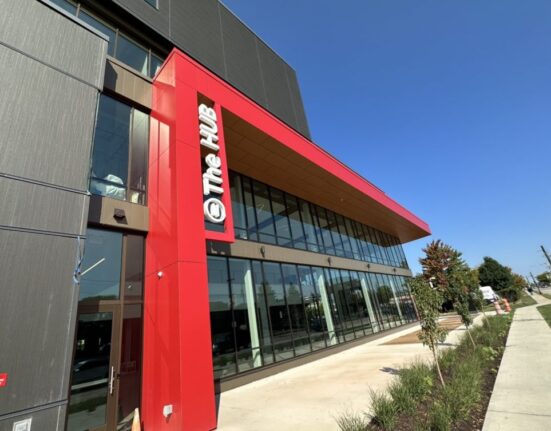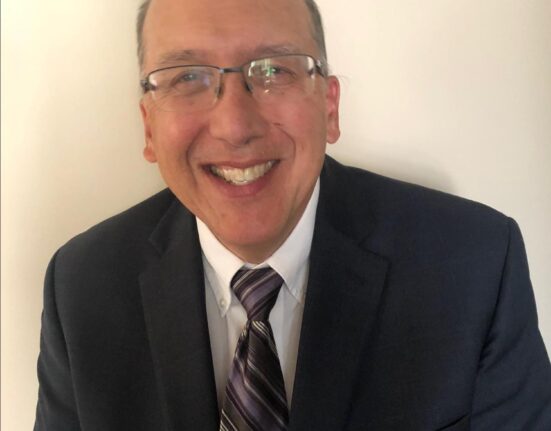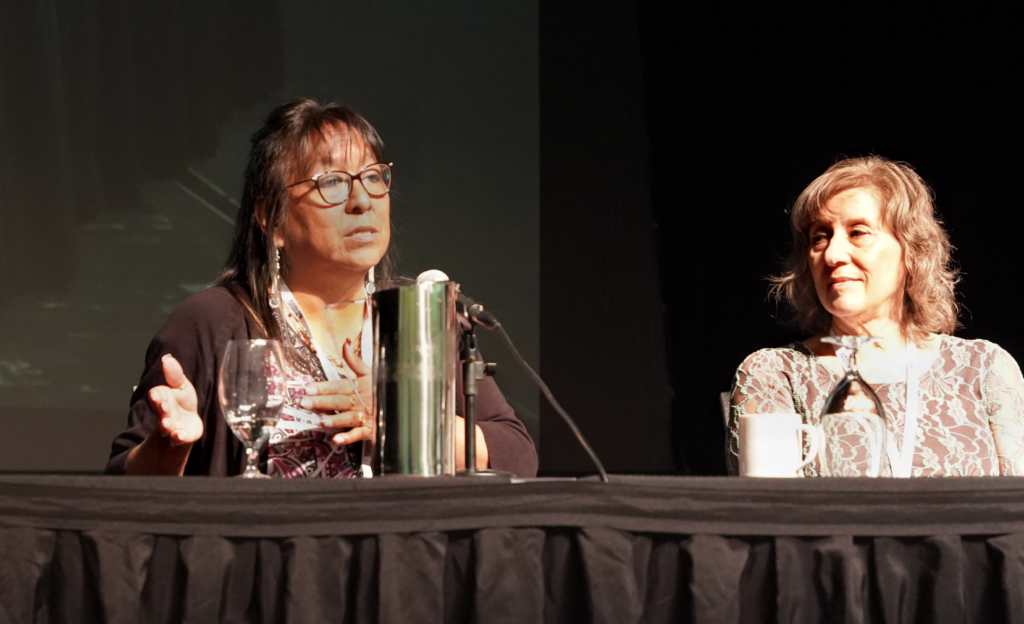
A first of its kind conference on Indigenous housing and economic development was held in Bowler last week.
Around 160 Native Americans from tribes all around the country came out to North Star Mohican Casino, W12180 Co Rd. A, Bowler, for an economic development conference. The conference, which was the first ever, aimed to give space for housing and economic development while hearing from Indigenous communities. The Wisconsin Indigenous and Economic Development Corporation (WIHEDC) hosted the conference with hopes to continue additional events in the future.
The conference took place Nov. 7-8. All day attendees had the opportunity to hear from various speakers on housing, clean energy initiatives, cannabis, entrepreneurship and WIHEDC’s Economic Impact Study.
“We had like 160 people at this event for our very first one in this small tribal community. It’s a big deal for our small tribal communities to host events of that nature,” said Fern Orie, CEO of WIHEDC. “I think everybody got a lot of value added out of this from different places, because we did really try to make sure we had a good mix of programming.”
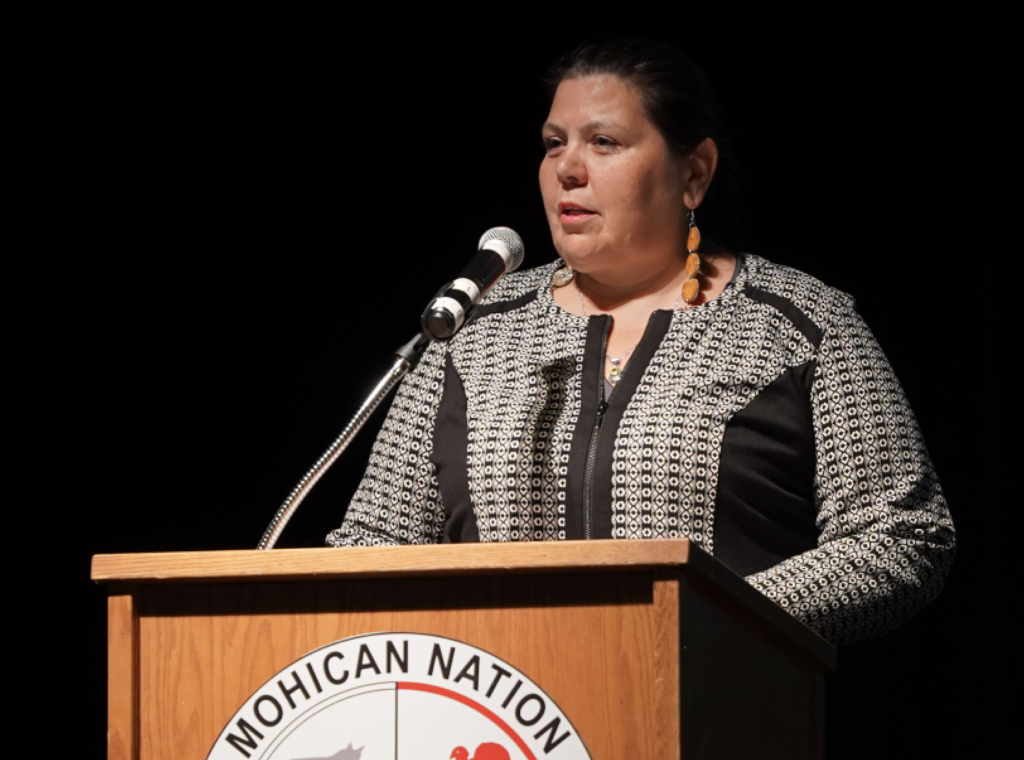
Among the wide range of topics, one Orie noted was of interest to most attendees was a presentation from the Department of Energy. The session spoke on opportunities tribes can take advantage of for funding opportunities on renewable energy.
Additionally, a pitch competition was held that garnered more attention than WIHEDC believed it would. Businesses pitched for the chance to win $5,000 in grants. With so many entries, Orie said they had to start turning people away, but it brings to light how they can continue in future conferences, she said.
The conference also marked the unveiling of two studies from WIHEDC. Its Economic Impact Study looked at the impact Indigenous-led small businesses — outside of gaming — had on Wisconsin’s economy. The second study, on Wisconsin Native Homeownership, looked at the unique gaps within Native communities.
“One of the biggest gaps… they felt is support from the tribes. Support as in maybe contracts and working directly with the tribes,” said Becky Albert-Bredd, WIHEDC chairperson. “It was also figuring out, is there an incorporation underneath the tribes that can help?”
The survey results have led to plans to create a comprehensive directory of Indigenous-owned businesses, Orie said. Orie aims to remove barriers to finding Indigenous-owned businesses anywhere in Wisconsin.
Orie sees the conference as a success and already has plans to hold another next year. She said WIHEDC plans to cycle through hosting tribes to reach as many Native communities as possible.

